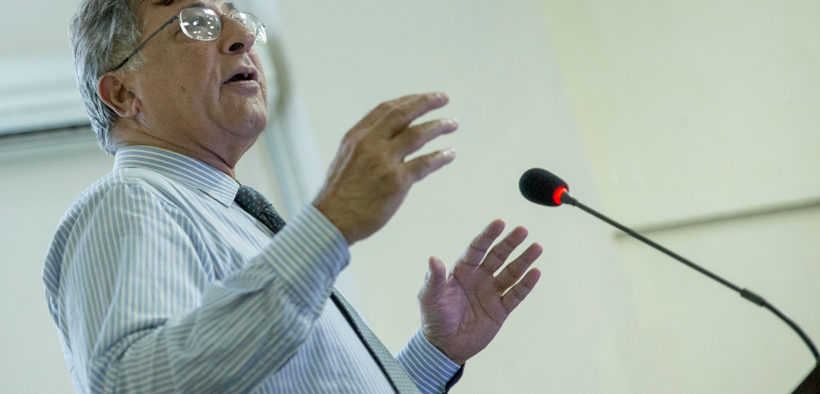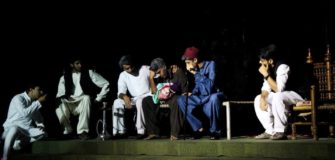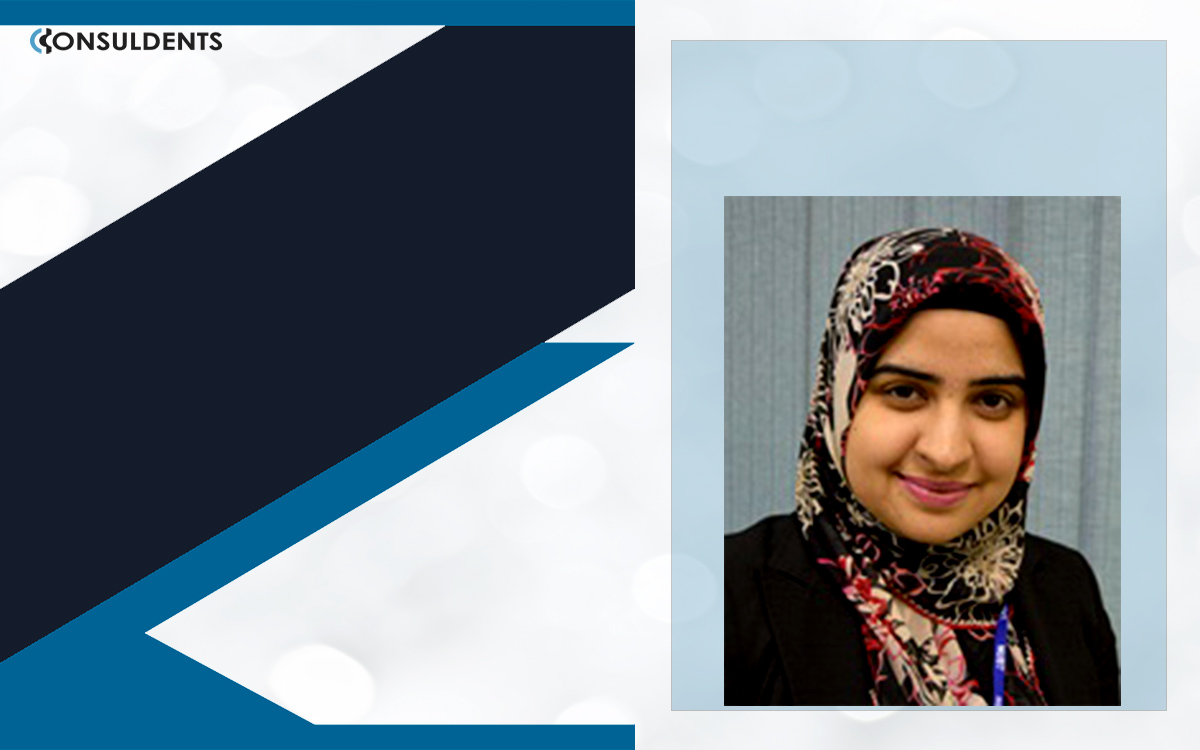Pakistan’s higher education system – What went wrong and how to fix it
Share

We have often discussed and debated the state of Pakistan’s higher education in Pakistan. Sadly, there is a lot that needs to be done! Here we look at what Dr. Pervez Hoodbhoy said about Pakistan’s higher education system. Written in 2009, his words are still pertinent today. Here is a brief excerpt of his journal article. The full article can be accessed at: http://www.pide.org.pk/pdf/PDR/2009/Volume4/581-594.pdf
“Every country wants universities, and the more the better. There is a clear utilitarian goal behind this: universities have become the engines of progress for knowledge-driven economies in the age of rapid globalization. They are the fountainheads of modern science, and of technologies that have changed the world more in the past fifty years than the previous ten thousand years.
But higher education requires much more than just building structures and calling them universities or colleges. There is little to be gained from a department of English where the department’s head cannot speak or write a grammatically correct non-trivial sentence of English; a physics department where the head is confused about the operation of an incandescent light bulb; a mathematics department where graduate students have problems with elementary surds and roots; or a biology department where evolution is thought to be new-fangled and quite unnecessary to teach as part of modern biology. Nor does putting a big signboard advertising a “center of excellence” make it one.
There are countless places in Pakistan where the above is not far from the truth. On the other hand, there are also some examples of high quality such as a world-class medical university and business school, some good quality engineering and fine-arts colleges.
Ultimately, one must ask: what does the “quality” of higher education mean? Equivalently, how may one differentiate between HE institutions on the basis of quality? This then translates into measuring “real access” to higher education and separating it from mere enrolment. Of course, judging quality is always controversial. Comparing universities across countries, or even within a country, is fraught with difficulties. No international agency has yet done a proper global comparison of universities. There have been a few attempts by newspapers and journals but with only some success. Many find their results unconvincing, and different surveys differ sharply in their assessments. This applies even to the widely quoted results of the Times Higher Education Supplement, as well as those of Shanghai Jiao Tong University, both of which are widely quoted in the literature. Their criteria for assessment and weighting factors, breadth of surveys, techniques of analysis etc. are quite different. This leads to a wide spread of results. The problem is the lack of a sound theoretical basis for doing comparisons. As a tool that could help us frame the issues better and guide us towards a reasonable answer to the questions posed above, let us create for ourselves a hypothetical ideal university. Freed from practical constraints, this artifact allows us to imagine all that a university should be7and provides a datum against which actual universities can be assessed.
First, the ideal university should be a bastion of critical inquiry covering every conceivable field of human endeavor. It has first-rate faculty that does first-rate research on super-massive black holes and discovers new extra-solar planets, figures out quantum computation and the folding of proteins, documents the mating habits of macaws and tarantulas, and deciphers the extinct languages of Sumerian and Mesopotamia. The professors are widely cited and known for important discoveries. Their fame attracts talented researchers and students from across the world.
Our university also spawns high-tech companies that create more powerful computers and data compression techniques. It generates products and ideas upon which civilizations’ progress and survival depend, such as new crop varieties and renewable energy sources. It also does a splendid job attracting engineers, doctors, economists, business managers, and other professionals.
Most importantly—this ideal university creates a modern citizenry capable of responsible and reasoned decision making. Its graduates can think independently and scientifically, have an understanding of history and culture, can create discourses on social and political issues, and are capable of coherent expression in speech and writing. They are in demand everywhere—both in academia and industry—nationally and internationally. A tall order indeed! Harvard, MIT, Cambridge, Oxford, Sorbonne are considered among the world’s best universities. But even these are poor approximations to an impossibly high ideal. Coming down to earth: one would like to know what constitutes a reasonable expectation from a public university in Pakistan. If, for example, Khairpur University, deep in the backwaters of Sindh, or Quaid-i-Azam University, in the heart of Pakistan’s capital, are to be called real universities then by what criteria should they be evaluated?
A perfectly objective assessment is simply impossible. Value judgments are inevitably involved. Even more fundamentally, ideology and purpose play a crucial role. For example, Soviet and Chinese universities concentrated largely on utilitarian goals whereas western universities—or at least the better ones among them—seek a balance between scholarship and utilitarian needs. Nonetheless, the need to judge and assess is one that cannot be avoided.
Why does quality have to be reflected in numbers? The fact is that resources and finances are always finite. The world we live in demands that hard choices be made. If you are a planner in a high position, finances have to be allocated in a manner according to some rational policy. This means one simply must have numbers. The thoughtful educational planner is inevitably presented with a dilemma: hard numbers reflecting a sufficient measure of truth are essential for decision-making. But at the same time, he or she is aware that behind these numbers can be hidden subjective judgments.”






